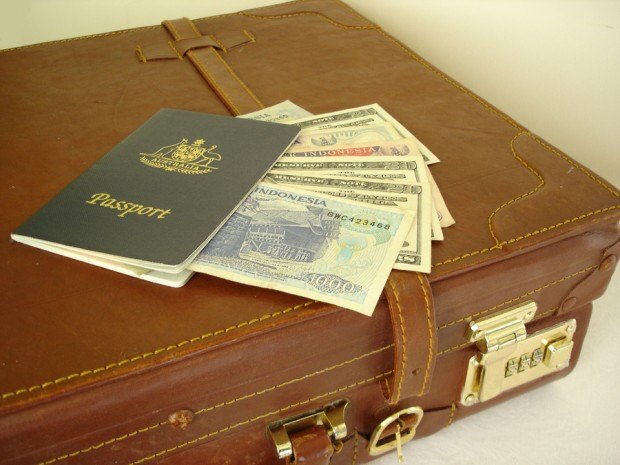Apple Inc., Microsoft Corp., Pfizer Inc. and other big U.S. multinational corporations boosted cash held offshore in 2012, likely in an effort to flee U.S. taxes, said a report released on Tuesday.
Technology and drug companies topped the list of companies adding at least $5 billion each to offshore holdings, said the report from left-leaning tax group Citizens for Tax Justice.
It is not always clear why companies keep cash abroad. A related CTJ study suggested tax was a factor. That study examined filings of 47 companies that disclosed tax liabilities if they had brought funds into the United States.
“A startling number of them admit they have paid little or no taxes on this income which is a pretty good indicator these profits are sitting in low tax or offshore havens,” said Matthew Gardner, the author of the CTJ study.
The United States has one of the steepest corporate tax rates in the industrialized world at 35 percent. But the tax system is also riddled with measures that help companies pay lower effective tax rates. Tech and drug companies are well suited to move income out of the country because their intellectual property assets are so easily transportable. As a result, they have some the lowest effective U.S. tax rates.
According to CTJ’s analysis of securities filings, Apple reported adding $28 billion in offshore cash in 2012, while Microsoft’s offshore hoard increased by $16 billion. Rounding out the top-five list were Pfizer, Merck & Co Inc., Google Inc.
More broadly, 92 Fortune 500 corporations reported an increase in offshore profit holdings by at least $500 million, the report said. In total, these 92 corporations added an additional $229 billion to their offshore profit in 2012 alone.
The United States has a “worldwide” corporate tax regime that taxes income without regard to where it is earned. But profits are typically not taxed until companies bring them into the country, so many companies keep them abroad indefinitely.
Lawmakers in both parties back trimming the official U.S. corporate tax rate. President Barack Obama proposed lowering it to 28 percent, while many Republicans back a 25 percent rate.
But the prospects for lowering the rate are murky, as partisans remain bitterly divided over how to simplify the tax code, which could take lucrative breaks away from some sectors.
Revamping the corporate code is also tied up in debates over individual tax and how to handle other types of business income.
The top Republican tax-writer in the House of Representatives, Dave Camp, on Tuesday released a draft plan to change how many businesses are taxed. This draft does not address corporation taxation.





















 Berkshire-owned Utility Urges Oregon Appeals Court to Limit Wildfire Damages
Berkshire-owned Utility Urges Oregon Appeals Court to Limit Wildfire Damages  RLI Inks 30th Straight Full-Year Underwriting Profit
RLI Inks 30th Straight Full-Year Underwriting Profit  Earnings Wrap-Up: AXIS Expanding Insurance Biz, Shrinking Re Book
Earnings Wrap-Up: AXIS Expanding Insurance Biz, Shrinking Re Book  What Analysts Are Saying About the 2026 P/C Insurance Market
What Analysts Are Saying About the 2026 P/C Insurance Market 